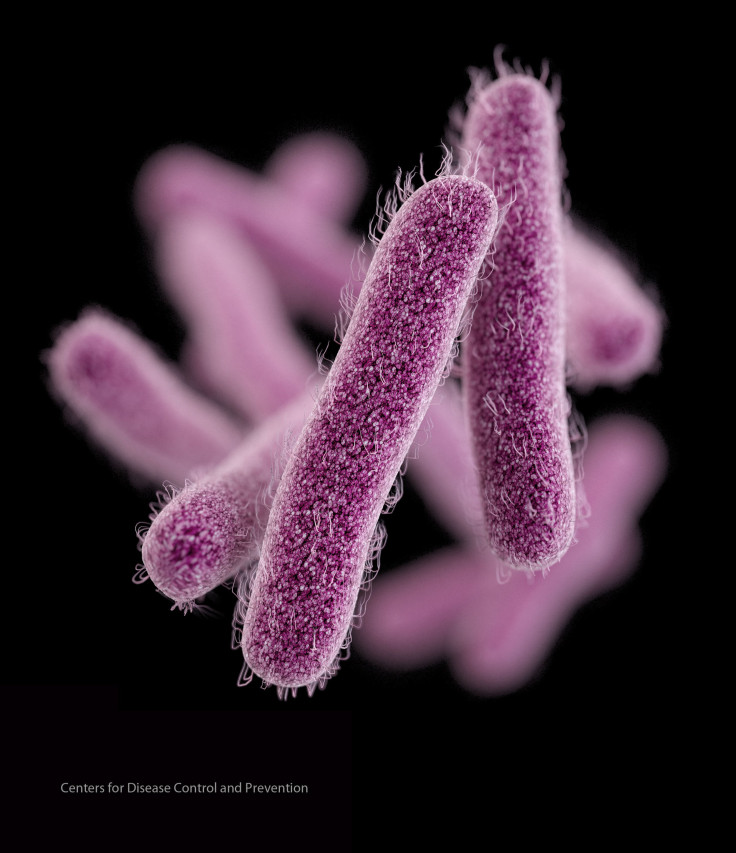What Is Shigella? Bacteria That Causes Nasty Stomach Bug Sickens Dozens At California Restaurant

Mariscos San Juan, a popular restaurant in San José, California, closed down over the weekend following dozens of people's reported bouts of diarrhea and fever after eating there. Now officials have a culprit: Shigella, a form of bacteria that is highly infectious. Here's everything you need to know about Shigella, including how it's transmitted, what it can do to you and why it's got health officials across North America concerned.
More than 24 people had exhibited symptoms of Shigellosis, the disease caused by the bacteria, and more than a dozen tested positive for it, the Santa Clara Public Health Department announced, the San Francisco Gate reported Tuesday. Eleven of those patients ended up in intensive care in hospitals.
Every year, Shigella causes about 500,000 cases of diarrhea in the United States, according to the Centers for Disease Control and Prevention (CDC). Symptoms typically begin a day or two after someone is exposed to the bacteria, usually by eating contaminated food or touching a contaminated surface with one's hands and subsequently touching one's mouth or food. The bacteria can also be transmitted through contaminated water, including rivers or lakes, or through sexual contact if there's exposure to feces.
Indeed, at the heart of how Shigella bacteria are transmitted is fecal matter. The CDC lays it out, plain and clear, in the following way: "Transmission of Shigella occurs when people put something in their mouths or swallow something that has come into contact with stool of a person infected with Shigella." There is no vaccine for Shigella, but the best way to reduce the risk of getting it is to wash hands before eating, after using the bathroom or after changing a diaper.
Symptoms usually last anywhere between five and seven days for people who have strong immune systems, although it can take months for an infected person's gastrointestinal system to return to normal. People with weaker immune systems face greater risks if they are infected with Shigella. For people infected with HIV, for instance, it can be life-threatening, although deaths caused by the bacteria are rare.
Also alarming about Shigella is the fact that strains that are resistant to antibiotics are becoming increasingly common in the United States. Some Shigella infections can be treated with antibiotics, but more and more, doctors are finding that the drugs that once wiped out the infection are no longer effective. In 2014, for instance, nearly 90 percent of patients infected with Shigella had strains that did not respond to the go-to antibiotic Ciprofloxacin.
In Santa Clara, officials feared that more people struck by the bacteria have yet to come forward, the San Francisco Gate reported.
© Copyright IBTimes 2024. All rights reserved.






















